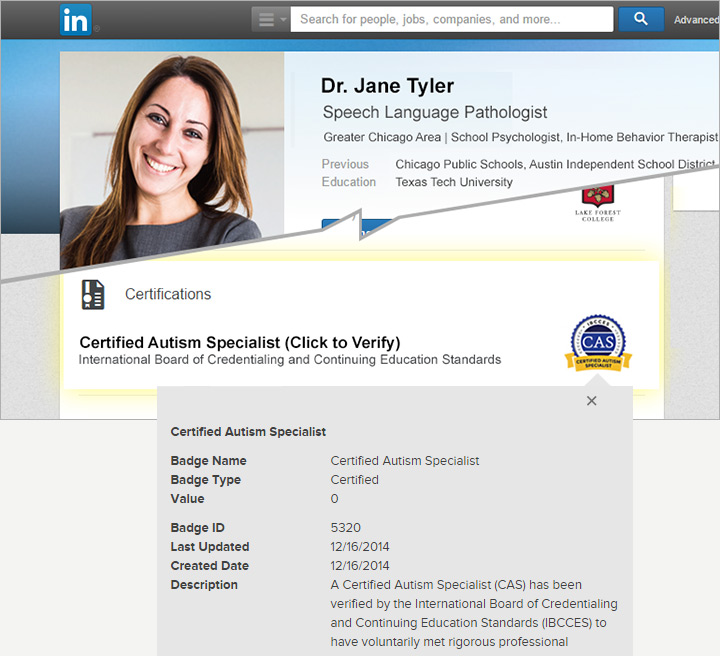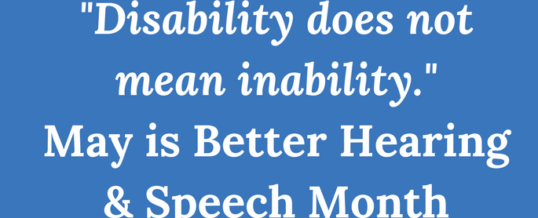“Brush Up” with These Helpful Tips
By Elayne Pearson, C.A.S., Special-needs Preparedness Specialist, is an award-winning writer, poet, presenter, advocate, author, and actress.
In the late 1980s, individuals with disabilities were coming into the bright spotlight of media and society, and my husband, Rod, and I vowed we would never keep Heidi (our sweet little daughter with Down syndrome) “shielded” at home like families frequently did in the past. Her sisters were proud of her, too, despite frequent rude stares from others. One thing I always did to bolster our confidence before going out with my little chickadees was make sure their faces were clean and hair was brushed, with a bow, barrette, or headband added — including little Heidi. Her munchkin-angel face looked even cuter with curls, ribbons, and bows.
Fast forward a few years. Heidi’s late-onset autism (unbeknownst to us) created an extreme sensitivity with anything around her face, such as lip balm, sunscreen, eyeglasses, and all hair accessories. First, her annoyance was baffling, then frustrating, then down-right aggravating. Heidi detested anything in her hair, and seemed oblivious to pain when she pulled out a barrette, curler, flower, elastic, or ribbon. It drove me crazy.
Continue Reading →
10
JUL







